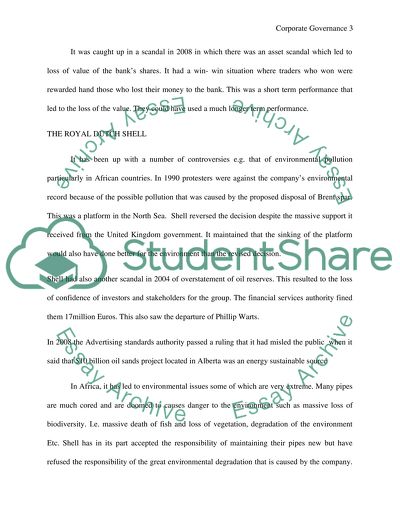Cite this document
(“Corporate governance Essay Example | Topics and Well Written Essays - 3000 words - 2”, n.d.)
Corporate governance Essay Example | Topics and Well Written Essays - 3000 words - 2. Retrieved from https://studentshare.org/marketing/1632789-corporate-governance
Corporate governance Essay Example | Topics and Well Written Essays - 3000 words - 2. Retrieved from https://studentshare.org/marketing/1632789-corporate-governance
(Corporate Governance Essay Example | Topics and Well Written Essays - 3000 Words - 2)
Corporate Governance Essay Example | Topics and Well Written Essays - 3000 Words - 2. https://studentshare.org/marketing/1632789-corporate-governance.
Corporate Governance Essay Example | Topics and Well Written Essays - 3000 Words - 2. https://studentshare.org/marketing/1632789-corporate-governance.
“Corporate Governance Essay Example | Topics and Well Written Essays - 3000 Words - 2”, n.d. https://studentshare.org/marketing/1632789-corporate-governance.


